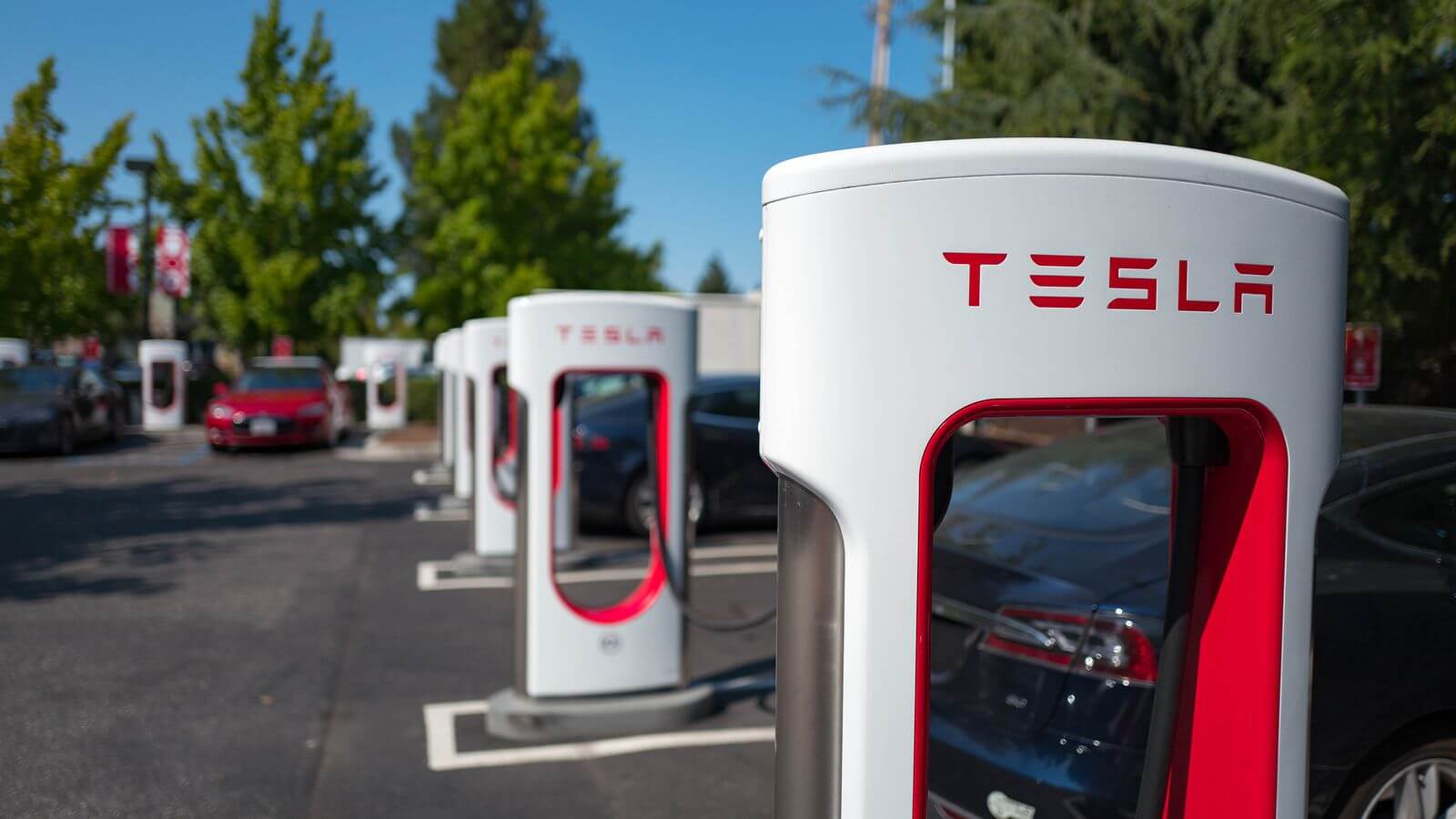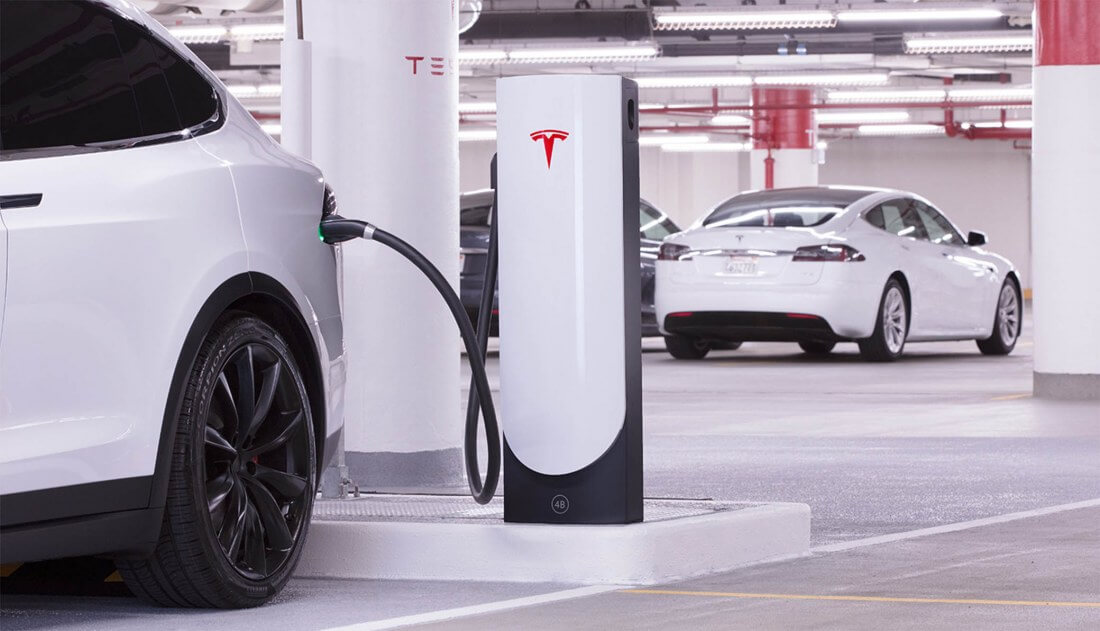Why it matters: Buyers of electric vehicles need to consider that inflated charging prices could make road trips in a Tesla more expensive than driving a traditional gas vehicle. Despite claims of great savings, Tesla's rising Supercharging station prices are killing the alleged savings.
Update (1/22): Tesla announced this morning that after listening to customer feedback, they will reduce Supercharger pricing by 10% worldwide. Previously we had reported that after a dramatic ~33% increase in price for Superchargers, Tesla owners going on roadtrips could be paying as much as or in excess of what you would for a petrol engine, depending on where you lived.
According to Electrek, with the reduction the average price of Superchargers went from the original $0.23 per kWh to $0.31 and now back down to $0.28 per kWh. That's average pricing in the US that will vary per station. As part of the change in pricing structure, Tesla is moving away from per state/region pricing, instead letting stations set prices based on local electricity rates and demand charges.
One of the benefits of electric vehicles was supposed to be that driving around would cost less per mile. When factoring in the price of current electric vehicles versus the cost of less expensive cars with internal combustion engines, this has yet to prove true. Tesla has drastically raised prices at its Supercharging stations that might make charging their vehicles more expensive than refueling at a regular gas station.
Tesla recently announced the end of its referral program that granted a limited time period of free charging, citing it to be too expensive to continue. All Tesla vehicles sold after November 2018 must pay for access to Supercharging stations. Going forward, the vast majority of Tesla owners will be paying for fast charging when they are not at home.
In the state of New York, pricing was increased by 33 percent up to $0.32/kWh. California rates are now between $0.32 and $0.36/kWh. These rates are significantly higher than what consumers in the same areas would pay at home. However, the main expense that must be accounted for is fast charging. Most homes are not wired to handle 120kW chargers, which are likely not cheap to set up.

While this may affect a minority who need long distance travel and ideally most electric car owners charge at home overnight, any calculation will ultimately depend on where you live and what kind of electricity rates you get in your area.
According to Tesla's website, it is still cheaper to use electricity than gas, but there is a major caveat. The price of gas is assumed to be $2.85 per gallon while the estimated electrical cost is $0.31/kWh. Gas may be around that price in New York and California, but it is closer to $2 per gallon for a significant portion of the United States at present. The current national average is $2.24 according to AAA, with several regions seeing prices under $2 per gallon. At current gas prices, Supercharging a Tesla in certain areas is in fact more expensive than just refueling a car that also is cheaper to begin with.
For 100kWh battery packs, a full charge costs $32 to $36 based on the new rates. Refueling with 12 gallons of gas at Tesla's claimed $2.85 per gallon costs $34.20. At the current national average, 15 gallons of gas is slightly cheaper than charging a Model S or Model X.
For touting savings of nearly $10,000 on sales pages for the Model S and $8,000 in savings for the Model 3, Tesla should make it more clear how they determine these numbers. For drivers in areas with cheap gas, only the tax credit portion and reduced maintenance costs of electric vehicles apply.
